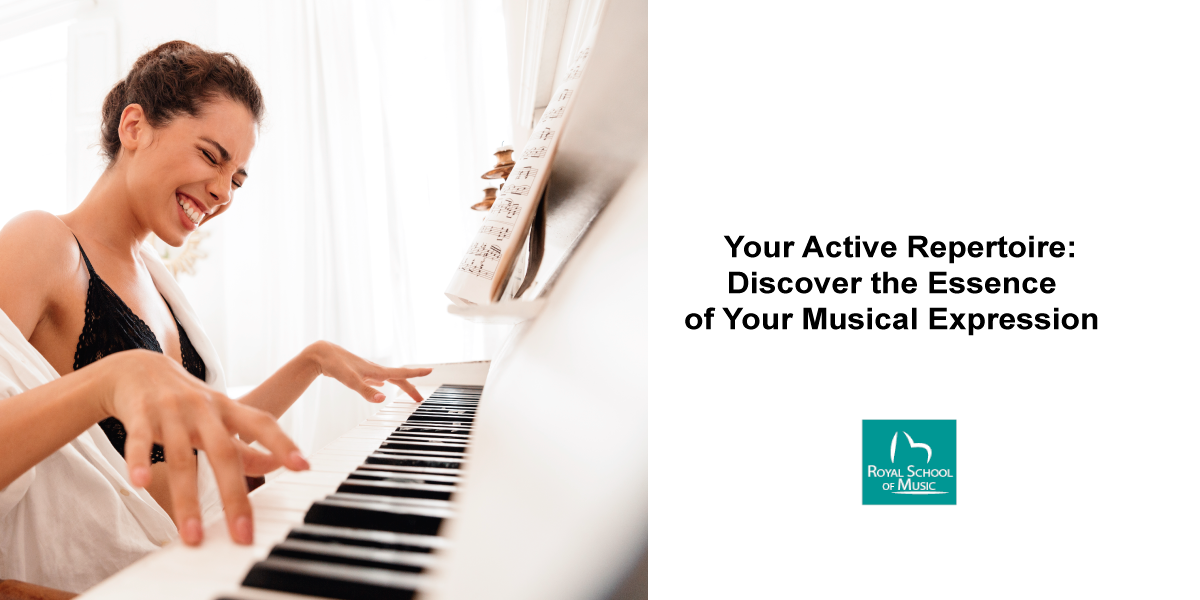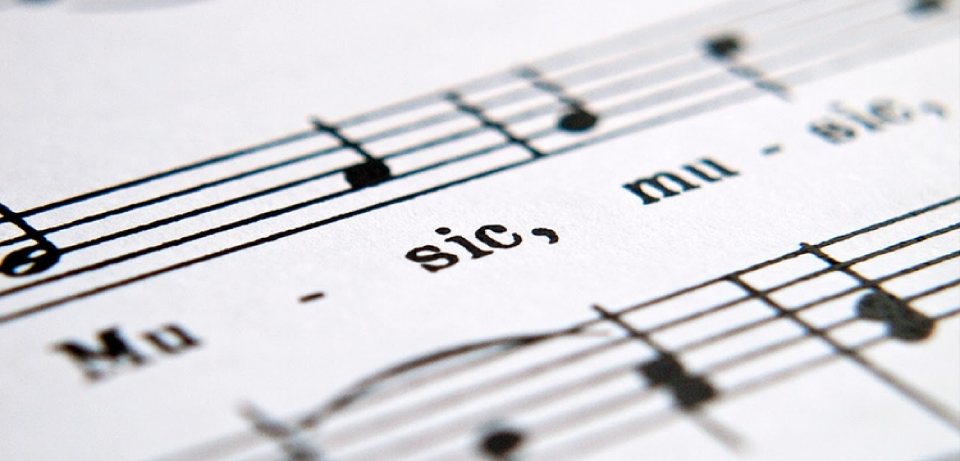Your Active Repertoire: Discover the Essence of Your Musical Expression

The piano is an instrument that allows us to immerse ourselves in a universe of emotions and communicate through music. When we embark on our piano journey, we dream of playing wonderful pieces that captivate and move us. But how can we make that dream a reality? The answer lies in cultivating and nurturing our own Active Repertoire.
The answer lies in cultivating and nurturing our own Active Repertoire.
The Power of an Active Repertoire:
Your Active Repertoire is the collection of musical pieces you have learned and mastered to perfection. These pieces become the essence of your musical expression and enable you to authentically convey your emotions. Through your Active Repertoire, you can tell stories, evoke feelings, and connect with your audience in a unique way.
The Importance of Building an Active Repertoire:
- Skill Development: By focusing on a specific set of pieces, you can delve into different technical and musical aspects. This helps you refine your skills and improve your overall piano performance.
- Emotional Connection: As you become familiar with your Active Repertoire, you establish a deeper connection with the pieces. This allows you to interpret them with greater sensitivity and effectively convey the underlying emotions. Confidence and Security: With a well-established Active Repertoire, you feel more confident and secure when stepping onto the stage. With each successful performance, your confidence grows, and you become a more assured performer.
- Diversity and Creativity: Your Active Repertoire can encompass a wide range of styles, eras, and musical genres. This gives you the opportunity to explore different musical expressions and foster your creativity as a pianist.

Building Your Active Repertoire:
- Define your musical goals: Start by clarifying what you want to achieve with your piano playing. Do you aspire to perform in concerts, accompany others, or simply play for your own enjoyment? Understanding your goals will guide your repertoire selection.
- Explore different styles and genres: Familiarize yourself with a variety of musical styles and genres. Listen to different composers and pieces to discover what resonates with you. This exploration will help you identify the types of music you enjoy and connect with on a deeper level.
- Select pieces that inspire you: Choose pieces that genuinely inspire and captivate you. Look for music that evokes strong emotions or speaks to your personal experiences. When you feel a deep connection with a piece, you’ll be more motivated to learn and master it.
- Consider your skill level: Assess your current skill level and choose pieces that are challenging but within your reach. Strive for a balance between pieces that push your boundaries and pieces that allow you to showcase your strengths. This approach will help you grow as a pianist while maintaining a sense of accomplishment.
- Seek guidance from a teacher or mentor: Consult with a piano teacher or experienced pianist for guidance and suggestions. They can help you assess the suitability of your chosen repertoire and provide valuable insights on interpretation, technique, and musicality.
- Practice consistently and effectively: Dedicate regular practice sessions to your chosen repertoire. Break down the pieces into smaller sections, focus on challenging passages, and gradually build up your mastery. Aim for a balance of technical precision and expressive interpretation.
- Perform and share your repertoire: As you build your Active Repertoire, seek opportunities to perform and share your music. Whether it’s playing for friends and family, participating in recitals, or recording and sharing online, performing will enhance your confidence and provide valuable feedback for further improvement.
- Continuously expand and refine your repertoire: As you become comfortable with your initial repertoire, continue to explore new pieces and expand your repertoire. Embrace variety in style, difficulty, and musical periods to keep your musical journey dynamic and engaging.
Remember, building an Active Repertoire is a personal and evolving process. Embrace the joy of discovering new music, challenge yourself with pieces that inspire you, and let your repertoire reflect your musical expression and growth as a pianist.
Remember, building an Active Repertoire is a personal and evolving process.
Royal School of Music una exclusiva escuela de música con atención personalizada a domicilio en toda la Costa del Sol (Málaga)
Clases de piano, guitarra, canto, batería, talleres de música



